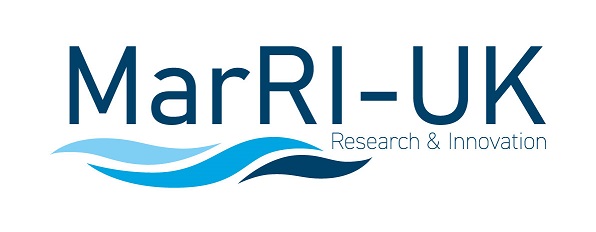SALMO: Sustainable Aquaculture Leading to Marine Opportunities led by Green Fuel Research
Brought together salmon fish farmers, scientists, engineers and business experts and governmental bodies (e.g. APHA), SALMO consortium developed an innovative solution for drop-in renewable marine fuel production from salmon oil obtained from waste for further commercialization and subsequent decarbonisation of the UK in-shore shipping sector.

For the first time, hydrotreating of fish waste oil to drop-in hydrocarbon fuel was demonstrated and validated in marine use.
The optimum reaction parameters, as temperature, hydrogen pressure and residence time for catalytic upgrading, i.e. hydroprocessing, salmon oil to renewable marine fuel were optimized using commercial dewaxing NiMo and NiW sulphiding based-catalysts. Two main conversion paths were explored, the stand-alone route via salmon oil or via salmon FAMEs and the blending route via co-feeding either by diluting the salmon oil or FAMEs first with kerosene or adding short alcohols as methanol to improve the HDO activity, been the later the most promising route to maximize the fuel productivity. Microbiological experiments demonstrated hydroprocessing effectiveness as a safe method to produce renewable drop-in marine fuel from salmon morts (category 2 ABPs) and salmon processing waste (category 3 ABPs) and to avoid pathogens in the final fuel. Due to the novelty of the SALMO process conversations with APHA were started and a new application will soon be submitted to APHA to avoid any future commercial barriers concerning biosafety and environmental policies constrictions.
Novel non-sulpided based bi-metallic catalysts were designed, synthetised and tested during SALMO for upgrading the salmon oil to oxygen-free hydrocarbons and for improving the chemical composition of the final renewable marine fuel with iso-paraffins and aromatic compounds. The new developed catalysts showed promising potential for future application to produce renewable drop-in fuels from fish-based oils. As part of pre-commercialisation activities, process modelling design including detailed process flowsheet for the SALMO conversion process were prepared using Aspen PLUS software to provide detailed engineering specifications for commercial scale hydrotreating plants at an appropriate scale for UK marine fuel production. The produced salmon-derived marine fuel is in compliance with 11 out of the 13 properties/specification of marine gas oil ISO-F-DMA of standard ISO 8217 for commercial marine fuel distillate. Pour point can be improved by adding commercially available Pour Point depressant additives and the Flash Point will be improved once blended with fossil marine fuel.

SALMO Final Report
Send download link to:

